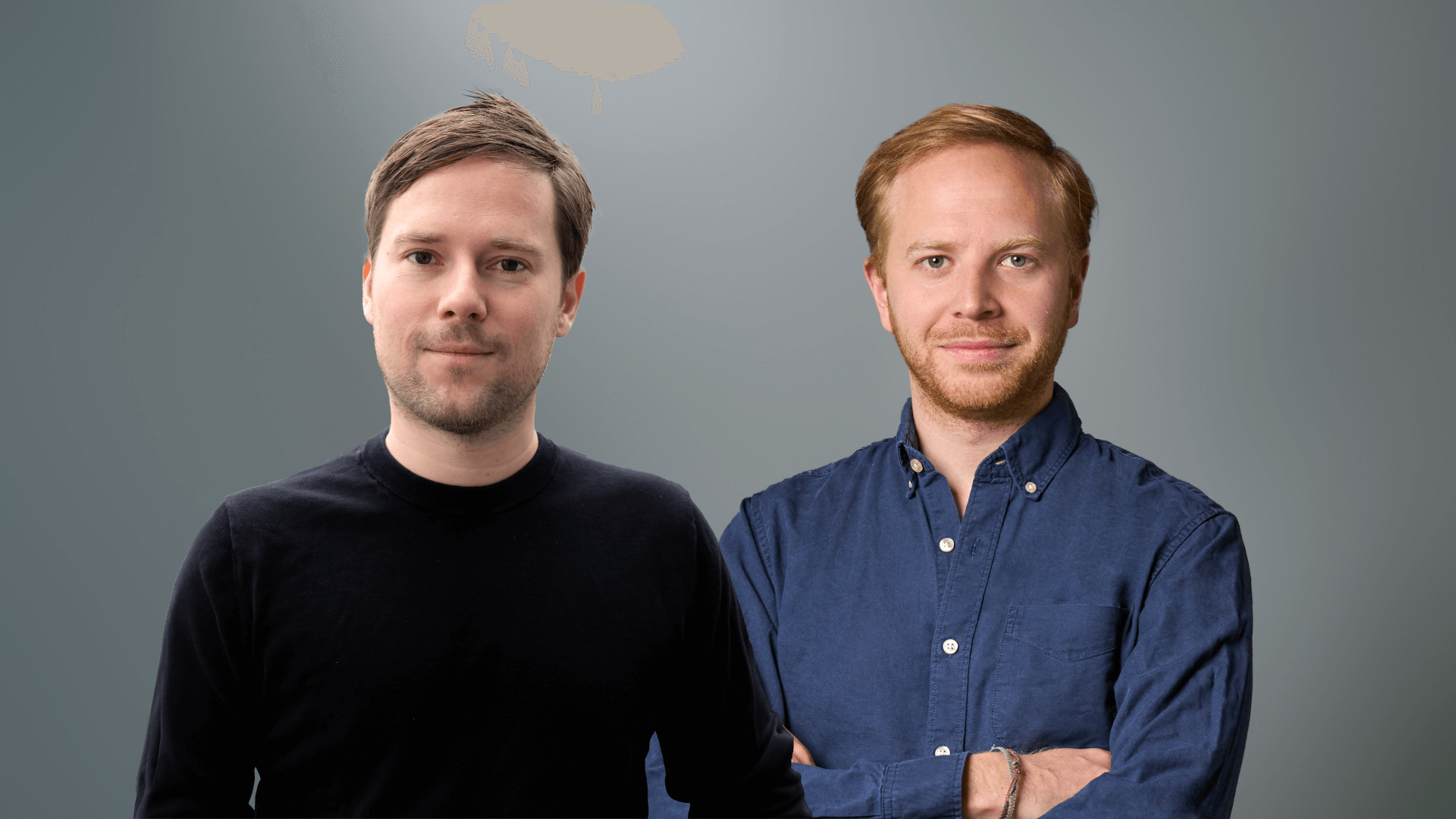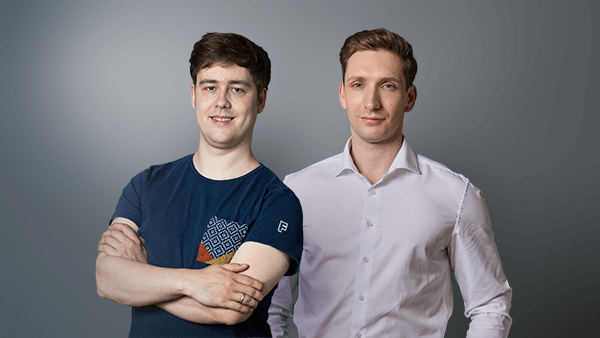Status quo Start-up Germany?
Interview with Dr. Alex von Frankenberg
HTGF celebrates its 15th birthday in 2020. After all these years and nearly 600 investments — what, do you think, is the state of the German startup landscape today?
Germany is in pretty good shape and has caught up extremely well in many sectors. There are now more ‘Made in Germany’ startup market leaders, including some in the high-tech sector, such as Celonis, the Munich-based process mining firm, and Bank N26, one of the most successful fintech businesses. Then there is also the growing number of major funding rounds. Of course, challenges still remain.
What do you mean by that?
Take exits for example. There are far too few IPOs here. Although Teamviewer was one of the biggest tech IPOs since the dot-com bubble burst, a total of just four companies went public at the Frankfurt Stock Exchange in 2019. Compare that with London, which registered about 27 IPOs. Germany is lagging behind in this respect.
In terms of exit, why do you consider IPOs to be so important?
Because that’s the only way to continue growing at a fast pace whilst maintaining independence. That doesn’t mean that a business can’t grow if it is bought, but growth will be slower, and value will be created in a different way. And don’t forget that the majority of startup buyers are foreign. I think it is incredibly important for Germany, as a center of commerce and industry, that the major startup successes remain independent and do not move their value creation abroad. And we have to work for that by strengthening our ecosystem.
Right now, German startups are demanding more favorable conditions from the Government. Johannes Reck, founder of GetYourGuide, is one of the strongest voices calling for fairer taxation of share options for employees in startups. Do you think he has a point?
Absolutely! In the US for instance, employee stock ownership across all levels of the hierarchy is the norm. That changes the mindset throughout the business and permanently improves its ecosystem. Once you have a unicorn with a value of several billion, the share options are likely to make quite a few people millionaires. Sure, they want a luxury lifestyle, but they’ll probably also invest some of their stash in other startups. But here? Employee share options are only available for the top and second ranks of management at most. And these come with a hefty tax burden. In other words, there are regulatory and political headwinds.
Peter Altmeier, Federal Minister for Economic Affairs and Energy, wants to create a 10 billion future fund to support startups and the tech industry. Is that a good idea?
It’s an important step in the right direction. But we must not lose sight of the competition. The SoftBank Vision Fund alone currently holds around USD 100 billion. We need a variety of smart instruments to be able to compete internationally. In other words, funds need to continue to come from several sources: public, semipublic and private.
HTGF’s third fund has partnered with many private investors. Where do Germany’s industry and the ‘Mittelstand’ stand in terms of digitization?
Innovation is both extremely rapid and radical. That message finally got through in Germany. The investors in our funds and our industry partners are working with us specifically to gain access to young startups, new ideas and innovations. We have been able to link up multiple corporations with startups where both sides benefit from this kind of symbiosis. We see our role here as that of a faciliator/broker. That’s why it is now eleven years since we started organizing our High-Tech Partnering Conference.
Which were the most successful partnerships HTGF has helped to create? Do you have any examples?
Definitely! There is the Düsseldorf startup Cumulocity for instance. It is a former HTGF portfolio company which specializes in Cloud IoT infrastructures. Software AG took over Cumulocity in 2017, and the former CEO of the startup is now the CTO at Software AG. And there is AMAL Therapeutics. They developed a new cancer vaccine and were taken over by Boehringer Ingelheim, the pharmaceutical company, last year. These are just a couple of the many examples in our portfolio.
Where do you see opportunities for startups in Germany?
B2B models and high-tech trends are gradually replacing the B2C hype. That’s why I believe so strongly in partnering our high-tech startups with industry and the ‘Mittelstand’. These established firms have a lot to offer in terms of distribution channels, customer relationships, capital, manpower, and also by opening up future markets in the B2B sector. Those have always been Germany’s strengths.


